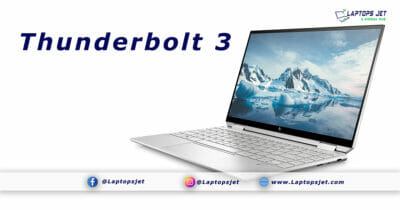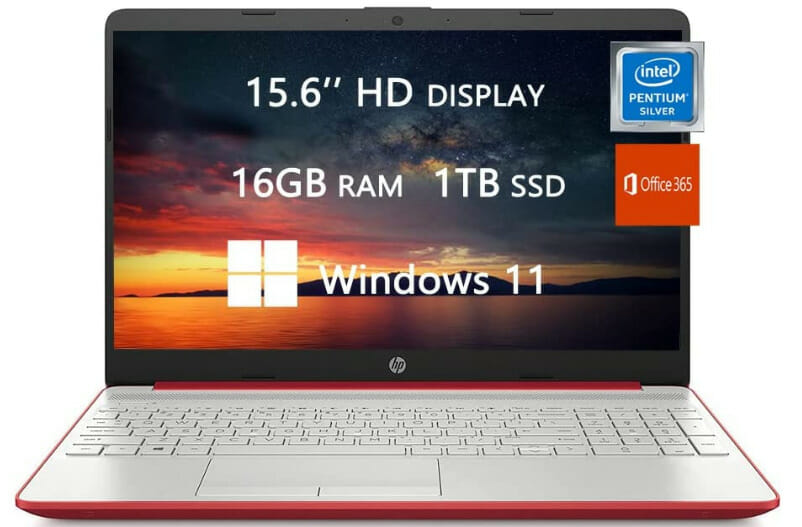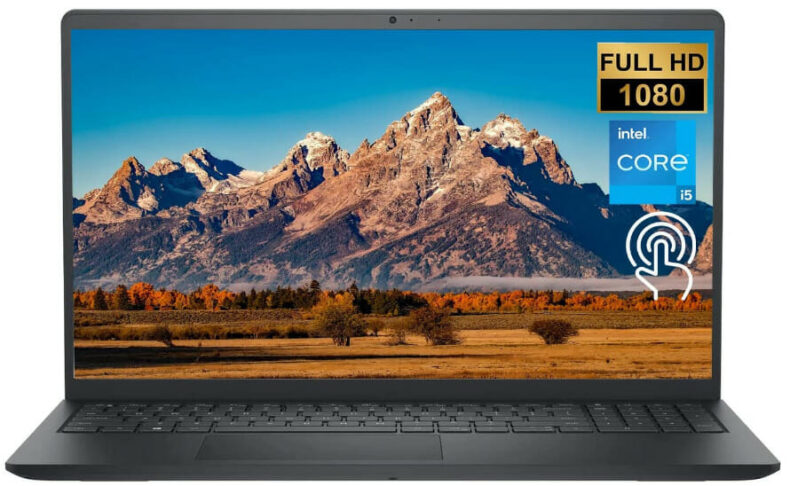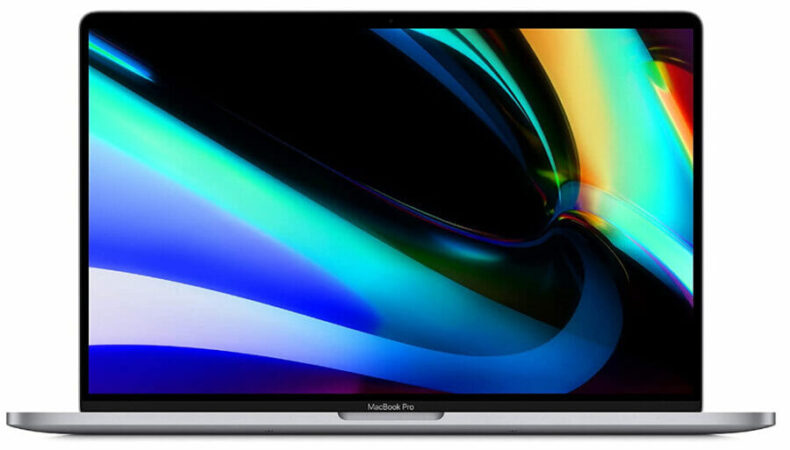Best Laptop for Biomedical Engineering Students in 2023

What Is the Best Laptop For Biomedical Engineering Students? If you plan to pursue a career in Biomedical Engineering or Medical Technology, you must choose the right Laptop that suits all your requirements. When studying Biomedical Engineering, you may be unable to afford the latest and greatest computer, so it might seem like you’re stuck with what’s already available.
While your computer may be perfectly fine for your needs, it’s possible that a newer model would allow you to have a faster processing speed, improve your internet speed, or make a better Studying Laptop. But as a student, you may not have the money to upgrade. So what should you consider when choosing the Best Laptop for Biomedical Engineering Students?
“As biomedical engineering students prepare to enter the workforce, they find that technology is becoming a more important part of their education. But not all laptops are created equal. So, to help these rising stars navigate the laptop market, I’ve compiled a list of the best laptops for biomedical engineering students. This includes models from every major manufacturer.”
Laptops are an essential part of any college student’s life. However, most laptops fail to meet all biomedical engineering students‘ needs. Today, I will show you exactly what is the best laptop for biomedical engineering students, which is the best one, and how to choose the right one for yourself.
Choosing a laptop will be a big deal if you are studying Biomedical Engineering or any related field because of the amount of work you must do. So, here are the best laptops for Biomedical Engineering students.
1. 2019 Apple MacBook Pro (Best Laptop for Biomedical Engineering Students)
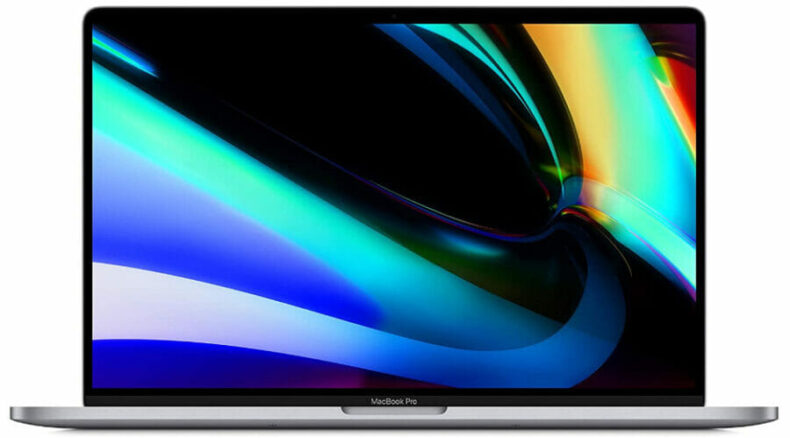
| Brand | Apple |
| Series | MacBook Pro |
| Screen Size | 16 Inches |
| Hard Disk Size | 512 GB Flash Memory Solid State |
| CPU Model | Intel Core i7 |
| RAM Memory | 16 GB DDR4 |
| Operation System (OS) | Mac OS |
| Graphics Card Description | Dedicated |
| Graphics Coprocessor | Intel UHD Graphics 630 |
- Ninth-generation 6-Core Intel Core i7 Processor
- Stunning 16-inch Retina Display with True Tone technology
- Touch Bar and Touch ID
- AMD Radeon Pro 5300M Graphics with GDDR6 memory
- Ultrafast SSD
- Intel UHD Graphics 630
- Six-speaker system with force-cancelling woofers
- Four Thunderbolt 3 (USB-C) ports
- Up to 11 hours of battery life
- 802.11ac Wi-Fi
Pros
- High Performance:
- Retina Display:
- Sleek Design:
- Touch Bar:
- macOS Ecosystem:
Cons
- Expensive:
- Limited Connectivity:

With the introduction of its 2019 Apple MacBook Pro For Biomedical Engineering, Apple is shifting the focus of the line away from its traditional design language and towards something bolder and more exciting. The new MacBook Pro is a more rounded notebook than previous MacBooks while maintaining a familiar and comfortable feel.
The new MacBook Pro is the Best Laptop For Biomedical Engineering students. Its 13-inch Retina display with True Tone technology and a wide colour gamut, and its body is made of aluminium. The new design is available in Silver, Space Gray, and Gold. MacBook Pro 2019 will come with an 8th generation Intel core processor, up to 16GB RAM, and 512GB PCIe SSD. Apple’s new MacBook Pro has a 16-inch LCD touch display with Touch ID.
2. Acer Nitro 5 (Best Laptop for biomedical Science Students)
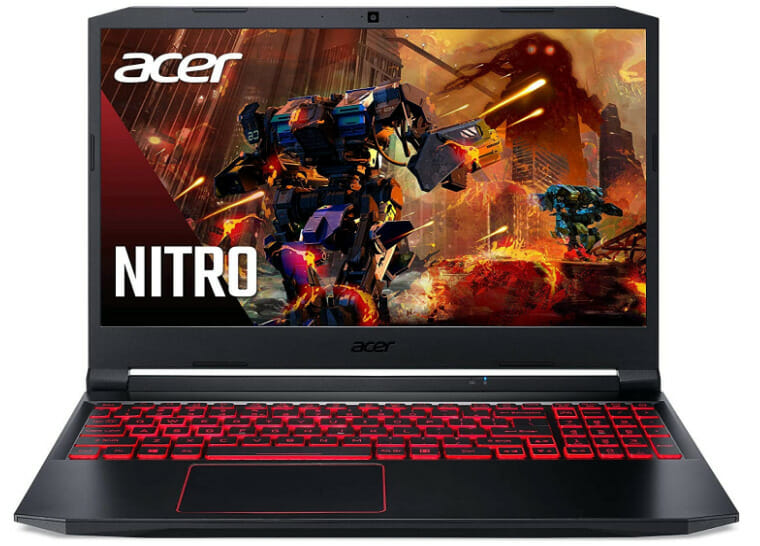
| Brand | Acer |
| Series | AN515-55-59KS |
| Screen Size | 15.6 Inches |
| Hard Disk Size | 256 GB Flash Memory Solid State |
| CPU Model | Intel Core i5 |
| RAM Memory | 8 GB DDR4 |
| Operation System (OS) | Windows 10 Home |
| Graphics Card Description | Integrated |
| Graphics Coprocessor | NVIDIA GeForce GTX 1650 Ti |
- 10th Generation Intel Core i5-10300H Processor (Up to 4.5GHz)
- 15″ Full HD Widescreen IPS LED-backlit 144Hz Refresh Display | NVIDIA GeForce GTX 1650 Ti Graphics with 4 GB of dedicated GDDR6 VRAM
- 8GB DDR4 2933MHz Memory | 256GB NVMe SSD (2 x PCIe M.2 Slots – 1 Slot Open for Easy Upgrades) & 1 – Available Hard Drive Bay
- LAN: Killer Ethernet E2600 10/100/1000 Gigabit Ethernet LAN | Wireless: Intel Wireless Wi-Fi 6 AX201 802.11ax
- Backlit Keyboard | Acer CoolBoost Technology with Twin Fans and Quad Exhaust Ports Design
Pros
- Powerful Performance:
- Affordable Price:
- Large Storage Capacity:
- Cooling System:
- Customizable RGB Keyboard:
Cons
- Bulky and Heavy:
- Mediocre Display:

Acer’s Nitro 5 is the Best Laptop for Biomedical Engineering Students out there right now. We’re not just talking about hardware; it has all the specs you need to run the latest games smoothly and some extras you’ll appreciate. It has an Nvidia GeForce GTX 1070 graphics card, so it’s fast enough to smoothly play the most demanding games. It comes with either 8GB or 16GB of RAM, and both Nitro 5 come with a 1TB hard drive.
This Acer laptop sports a gaming-grade display with a 4K UHD screen, a powerful GeForce GTX 1050 graphics card, and up to 8GB of DDR4 RAM. It weighs 3.9 pounds but still offers a great design that makes it comfortable for extended periods.
The Acer Nitro 5 is the Best Laptop For Biomedical Engineering students, designed to be a high-performance gaming laptop at an affordable price point. It has an Nvidia GTX 1060 Max-Q graphics card and 4GB of GDDR5 memory. The system has Windows 10 Home preinstalled, but you can also install Windows 8.1. The screen measures 15.6 inches and is LED-backlit.
3. ASUS ZenBook Duo UX481 (Best Laptops for Biomedical Engineering Students)
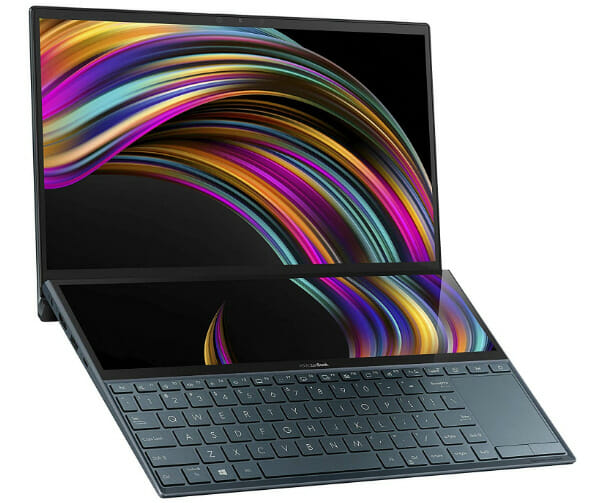
| Brand | ASUS |
| Series | ZenBook 13 |
| Screen Size | 14 Inches |
| Hard Disk Size | 256 GB Flash Memory Solid State |
| CPU Model | Core i7-10510U |
| RAM Memory | 8 GB DDR4 |
| Operation System (OS) | Windows 10 Home |
| Graphics Card Description | Integrated |
| Graphics Coprocessor | Intel UHD Graphics 620 |
- ScreenPad Plus: 12.6-inch matte touchscreen, giving your endless way to optimize your multitasking experience by extending the screen or splitting windows and apps on both displays
- 14-inch Full HD NanoEdge touchscreen glossy main display
- Latest 10th generation Intel Core i7-10510U Processor (8M Cache, up to 4.9 GHz)
- Fast storage and memory featuring 512GB PCIe NVMe M.2 SSD with 8GB DDR4 RAM
- Built-in IR camera for facial recognition sign-in with Windows Hello
Pros
- Dual screen design
- High-quality display
- Powerful performance
- Innovative ScreenPad Plus offers
- Portable and lightweight design
Cons
- Limited colour accuracy
- Limited storage capacity

ASUS’ Zenbook Duo was designed to be light, slim, and elegant. The laptop comes in two sizes – 13.3″ (14″) and 12.5″ (13.3″). The Zenbook Duo provides a stunning viewing experience with its aluminium unibody design. ASUS has added an anti-glare coating on both the screen and keyboard, which reduces glare and ensures clearer images.
The new ASUS ZenBook Duo UX481 is the Best Laptop For Biomedical Engineering students. It’s a stylish addition to our latest generation ZenBook line. The 15.6-inch touch display comes in a beautiful silver and black design. The silver edition is made with stainless steel, while the black version is made with carbon fibre.
Also Read. Top 7 Best Laptop For HP Tuners | Laptopsjet
4. Microsoft Surface Laptop (Best Engineering Laptops)
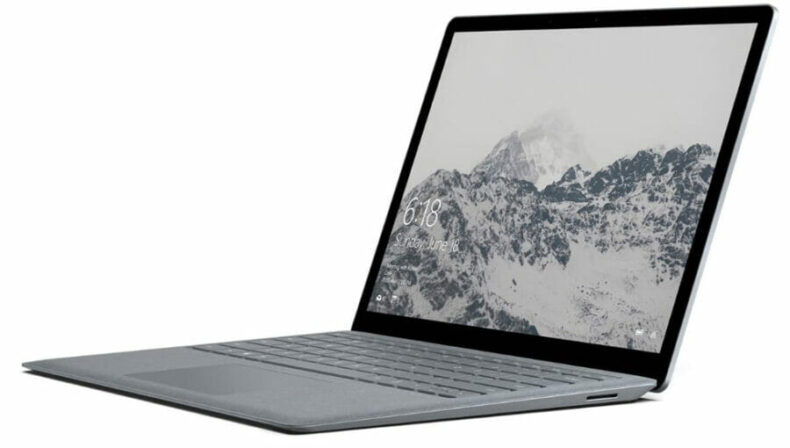
| Brand | Microsoft |
| Series | Microsoft Surface |
| Screen Size | 13.5 Inches |
| Hard Disk Size | 256 GB Flash Memory Solid State |
| CPU Model | Intel Core i7 |
| RAM Memory | 8 GB DDR4 |
| Operation System (OS) | Windows 10 |
| Graphics Card Description | Integrated |
| Graphics Coprocessor | Intel HD Graphics |
- Microsoft Surface Laptop features a 7th generation Intel Core i7 processor, 256 GB of storage, 8 GB RAM, and up to 14.5 hours of video playback.
- Backed by the best of Microsoft, including Windows and Office, Discreetly hidden Omnisonic speakers with Dolby Audio Premium sound
- Sleek, elegant design; ultra-thin and light laptop fits easily in your bag
- Luxurious Alcantara fabric-covered keyboard
- 3.5mm headset jack. The exterior has an aluminium casing.
Pros
- Sleek and Stylish Design:
- High-Quality Display:
- Powerful Performance:
- Long Battery Life:
- Windows 10 Operating System:
Cons
- Limited Connectivity Options:
- Non-Upgradable Hardware:

The new 13.5-inch Microsoft Surface Laptop is the Best for Biomedical Engineering students and a powerful 2-in-1 device that combines a full-sized keyboard with a detachable touchscreen display. The device can be used as a tablet or laptop, depending on your needs. Like the Surface Book, this new device has two modes—tablet and laptop—that switch based on your use.
What’s up, Microsoft? Microsoft recently launched its new Surface Laptop, a slim-line laptop with the same size screen as the Surface Pro. The laptop boasts a 13.5-inch Full HD display (1920×1080) with touch support and is powered by Windows 10. Although it looks similar to the Surface Pro, the Laptop has a keyboard and trackpad that are not included in the Surface Pro.
5. New Dell XPS 15 9500 (Biomedical Engineering Laptop)
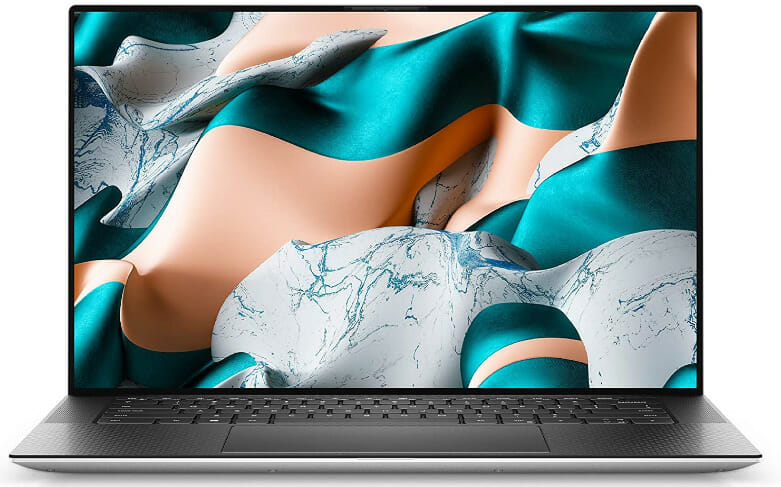
| Brand | Dell |
| Series | XPS9500-7845SLV-PUS |
| Screen Size | 15.6 Inches |
| Hard Disk Size | 1 TB Flash Memory Solid State |
| CPU Model | Corei7-10750H |
| RAM Memory | 4 GB DDR4 |
| Operation System (OS) | Windows 10 Pro |
| Graphics Card Description | NVIDIA GTX 1650Ti |
- Enjoy a 16:10 display with a stunning edge-to-edge view, now with 922k more pixels on 4K Ultra HD-plus.
- Equipped with 100% Adobe RGB, 94% DCI-P3 colour gamut, VESA-certified DisplayHDR 400, and Dolby Vision, this display delivers more than 16 million ultra-vivid colours that are 40 times brighter than ever before
- With a 62% larger touchpad, 5% larger screen, and 5.6% smaller footprint, every element is carefully considered—from its inlaid stainless logos to its high-polished diamond-cut sidewalls.
- Integrated Eyesafe display technology helps reduce harmful blue light.
- Corning Gorilla Glass 6 is tough, damage-resistant, durable, elegant, and allows no flex in its display.
Pros
- High-performance Processor:
- Stunning Display:
- Sleek Design:
- Large Storage Capacity:
- Long Battery Life:
Cons
- Expensive:
- Heavier Weight:

If you’ve been holding off on upgrading your laptop because of the high price tag, you might want to check out the new XPS 15 9500 from Dell. It has an Intel Core i7 processor, 4GB RAM, and 256GB SSD. If you need a little bit more power, there’s also the option to upgrade to the model with the Core i9 processor, 16GB RAM, and 512GB SSD. But if you’re looking for a laptop that can take on even the most intense gaming or graphic design tasks that have a 15-inch 1080p display and
The new Dell XPS 15 9500 is the Best Laptop For Biomedical Engineering students, which is being touted as the world’s thinnest gaming laptop; it is not only slim but also has a powerful NVIDIA GeForce GTX 1060 graphics card. Its screen is a 4K UHD 3840×2160 touchscreen that offers 178-degree viewing angles, and the chassis has been redesigned to prevent screen warping while keeping the sleek, modern profile that makes the XPS series laptops famous.
Also Read. Top 10 Best Laptop for Ableton Live | Laptopsjet
6. Samsung Notebook 9 (Best Laptop For Medical Students)
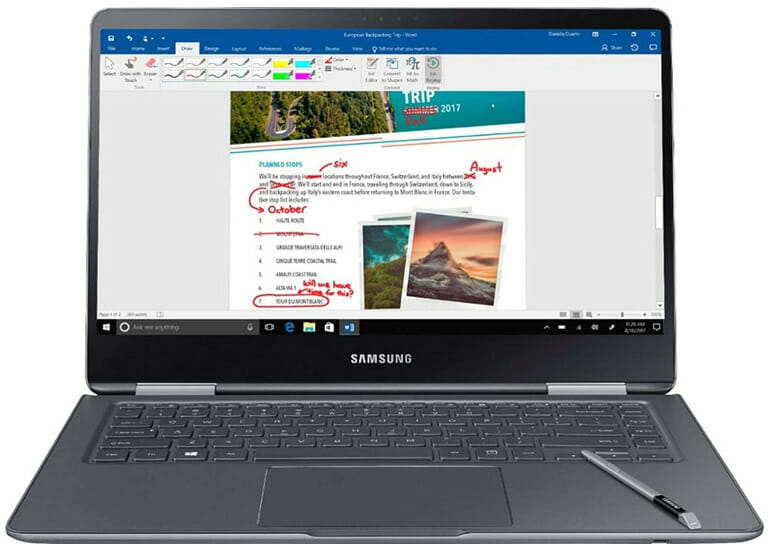
| Brand | Samsung |
| Series | Samsung Notebook 9 Pro |
| Screen Size | 15 Inches |
| Hard Disk Size | 256 GB Flash Memory Solid State |
| CPU Model | Intel Core i7 |
| RAM Memory | 16 GB DDR4 |
| Operation System (OS) | Windows 10 Home |
| Graphics Card Description | Dedicated |
| Graphics Coprocessor | AMD Radeon 540 |
- Brilliant Full HD 15” 1080p TOUCHSCREEN for hands-on control with a 360-degree flip-and-fold ROTATING display
- Latest 8th Gen Intel Core i7-8550U Processor 1.8GHz base up to 4.00 GHz with TURBO BOOST
- 16GB DDR4 memory; 256GB SSD; AMD Radeon 540 graphics card with 2GB dedicated memory
- Built-in S Pen; HD Webcam; 1x USB Type-C; 2x USB 3.0; HDMI; MicroSD, TPM security
- Backlit Keyboard; 802.11ac (2×2) B, A, G, and N supported, Bluetooth v4.1
Pros
- Sleek design
- Lightweight and portable
- Powerful performance
- High-resolution display
- Fast and responsive fingerprint sensor
Cons
- Expensive
- Limited customization

The Samsung Notebook 9 is the Best Laptop for Biomedical Engineering Students. Its features a 15-inch display that has a resolution of 1920 x 1080 and an anti-glare screen that is easy on the eyes. With a large trackpad and sleek design, the laptop offers comfort and ease when typing and surfing the web.
It has a USB 3.1 Gen 2 Type-C port and a built-in SD card slot. This notebook also features an integrated cooling system that uses a fan to keep the notebook cool and reduce overheating.
7. Razer Blade Pro 17 (Best Laptop for Structural Engineers)
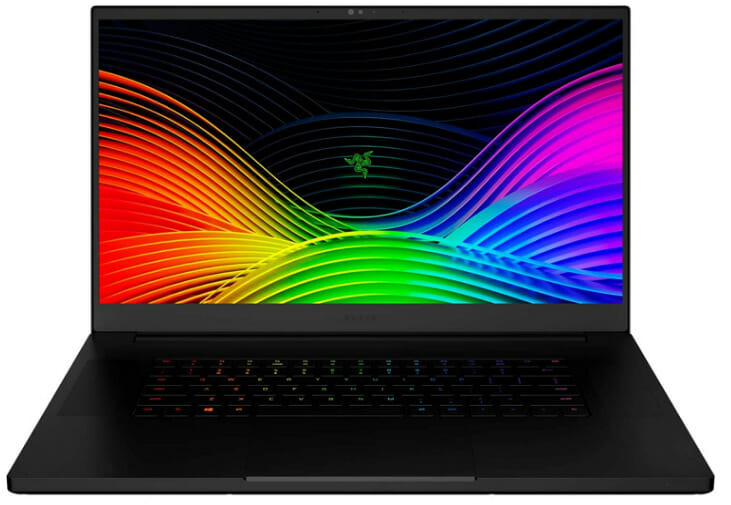
| Brand | Razer |
| Series | Blade Pro |
| Screen Size | 17.3 Inches |
| Hard Disk Size | 512 GB Flash Memory Solid State |
| CPU Model | Intel Core i7 |
| RAM Memory | 16 GB DDR4 |
| Operation System (OS) | Windows 10 |
| Graphics Card Description | Dedicated |
| Graphics Coprocessor | NVIDIA GeForce RTX 2080 Max-Q |
- Zero-Compromise Powerhouse: Built for gaming and creative work in a 0.78″ thin CNC aluminium unibody with high-performance vapour chamber cooling
- Futureproof Design: Supports SSD and dual-channel memory upgradeability, Thunderbolt 3 enabled, compatible with Razer Core X external GPU enclosures for additional graphics power
- Perfect Display for Work or Play: An edge-to-edge, 100% sRGB, factory-calibrated matte screen with a 144Hz refresh rate offers the best experience for creative tasks and intense gaming sessions.
- Customizable RGB Individual Key Lighting: Includes 16.8 million colours available with dozens of preset profiles
- Biometric Security: Supports Windows Hello instant facial unlock with integrated webcam and IR sensor
- Ultimate Connectivity: Includes 1x Thunderbolt 3, 1x USB-C 3.2 Gen 2, 3x USB 3.2 Gen 2 Type-A, 1x HDMI, 1x UHS-II SD card reader, 1x 2.5 Gbit Ethernet ports, and wireless 802.11ax
- Summary: 9th Gen Intel Core i7-9750H 6 core processor w/ 2.6GHz/4.5GHz (base/max turbo), NVIDIA GeForce 2080 RTX Max-Q, 17.3″ FHD 144Hz matte display, 16GB RAM, 512GB SSD
Pros
- High-performance gaming:
- Large 17.3-inch display:
- Premium build quality:
- Advanced cooling system:
- Customizable RGB lighting:
Cons
- Expensive:
- Heavy and bulky:

The Razer Blade Pro 17 is the Best Laptop for Biomedical Engineering Students. A gaming laptop has everything you need to play games and doesn’t cost an arm and a leg. This laptop offers a 17.3-inch 1080p screen, a 4K display, and a 2.5 GHz Intel Core i7 processor. You can also upgrade the RAM and storage options. Razer Blade Pro 17 runs Windows 10 Home.
This is the Best Laptop for Biomedical Engineering Students I’ve had for years, and it’s changed my life. I don’t think I’d get anything done without it. Look no further if you’re looking for a truly mobile, powerful, and gorgeous gaming machine. The screen is incredible, and the battery life lasts through multiple hours of gameplay. There are some sacrifices to make, but it’s the perfect laptop if you want to play games.
Also Read. Why Is Razer Laptop So Expensive?
Conclusion!
The best laptop for biomedical engineering students should have the following characteristics:
- 1. Affordable price
- 2. Great CPU performance
- 3. Lots of Rams
- 4. Long battery life
- 5. Great graphics capabilities
- 6. A screen resolution of at least 1920 x 1080 pixels
- 7. Should be fanless
- 8. It Should have lots of ports
- 9. It Should be well-built
- 10. It Should be lightweight
- 11. Should have a good keyboard
- 12. Should be quiet when working
- 13. It Should be small
- 14. It Should be lightweight
- 15. Should have high-quality speakers
- 16. It Should have a decent webcam
- 17. Should be sturdy and durable
FAQs!
u003cstrongu003eWhat computer u003cspan id=u0022end-pointeru0022u003eu003c/spanu003eshould u003cspan id=u0022end-pointeru0022u003eu003c/spanu003eI buy for Biomedical u003cspan id=u0022end-pointeru0022u003eu003c/spanu003eengineeringu003cspan id=u0022end-pointeru0022u003eu003c/spanu003e?u003c/strongu003e
Here are some u003cstrongu003ebest laptopsu003c/strongu003e u003cstrongu003efor Biomedical u003cspan id=u0022end-pointeru0022u003eu003c/spanu003eengineeringu003c/strongu003e:u003cbru003eu003cstrongu003e1. 2019 Apple MacBook Prou003cbru003e2. Acer Nitro 5u003cbru003e3. ASUS ZenBook Duo UX481u003cbru003e4. Microsoft Surface Laptopu003cbru003e5. New Dell XPS 15 9500u003cbru003e6. Samsung Notebook 9u003cbru003e7. Razer Blade Pro 17u003c/strongu003eu003cspan id=u0022end-pointeru0022u003eu003c/spanu003e
u003cstrongu003eu003cspan id=u0022end-pointeru0022u003eu003c/spanu003eWhich laptop is better for an engineering u003cspan id=u0022end-pointeru0022u003eu003c/spanu003estudent?u003c/strongu003e
The answer to this question depends on the type of study that you are doing. There are different types of laptops out there, each with its own characteristics. Here are some u003cstrongu003ebest laptops for engineering studentsu003c/strongu003e:u003cbru003eu003cstrongu003e1. Acer Nitro 5u003cbru003e2. ASUS ZenBook Duo UX481u003cbru003e3. Microsoft Surface Laptopu003cbru003e4. New Dell XPS 15 9500u003cbru003e5. Samsung Notebook 9u003cbru003e6. Razer Blade Pro 17u003c/strongu003e
u003cstrongu003eWhich is the best laptop for u003cspan id=u0022end-pointeru0022u003eu003c/spanu003emedical u003cspan id=u0022end-pointeru0022u003eu003c/spanu003eu003cspan id=u0022end-pointeru0022u003eu003c/spanu003estudents?u003c/strongu003e
Here are some u003cstrongu003ebest laptops for u003cspan id=u0022end-pointeru0022u003eu003c/spanu003emedical u003cspan id=u0022end-pointeru0022u003eu003c/spanu003eu003cspan id=u0022end-pointeru0022u003eu003c/spanu003estudentsu003c/strongu003e:u003cbru003eu003cstrongu003e1. 2019 Apple MacBook Prou003cbru003e2. Acer Nitro 5u003cbru003e3. ASUS ZenBook Duo UX481u003cbru003e4. Microsoft Surface Laptopu003cbru003e5. New Dell XPS 15 9500u003c/strongu003e
u003cstrongu003eDo engineering students need u003cspan id=u0022end-pointeru0022u003eu003c/spanu003epowerful u003cspan id=u0022end-pointeru0022u003eu003c/spanu003elaptops?u003c/strongu003e
The answer to this question is u003cstrongu003eyesu003c/strongu003e. Many students use computers as their main source of study. However, using a laptop for studying can be a very difficult task because the u003cstrongu003eweight and size u003c/strongu003eof a laptop make it hard to carry around. A laptop is u003cspan id=u0022end-pointeru0022u003eu003c/spanu003eheavyu003cspan id=u0022end-pointeru0022u003eu003c/spanu003e, and carrying a heavy object can be painful. Also, many laptops are too big to fit into your backpack. Even worse, many students are forced to use a laptop that is so powerful that it consumes a u003cstrongu003elot of electricityu003c/strongu003e.
u003cstrongu003eHow much RAM does an u003cspan id=u0022end-pointeru0022u003eu003c/spanu003eengineeru003cspan id=u0022end-pointeru0022u003eu003c/spanu003eiu003cspan id=u0022end-pointeru0022u003eu003c/spanu003eng u003cspan id=u0022end-pointeru0022u003eu003c/spanu003estudent need?u003c/strongu003e
Well, an u003cspan id=u0022end-pointeru0022u003eu003c/spanu003eengineering u003cspan id=u0022end-pointeru0022u003eu003c/spanu003estudent needs a lot of RAM. You should have at least u003cstrongu003e4GB to 8GB u003c/strongu003eof RAM. You can use your computer to store all of your data. You can easily access all of your information when you have more than 1GB of RAM.
u003cstrongu003eu003cspan id=u0022end-pointeru0022u003eu003c/spanu003eu003cspan id=u0022end-pointeru0022u003eu003c/spanu003eWhich processor is best for engineering u003cspan id=u0022end-pointeru0022u003eu003c/spanu003estudentsu003cspan id=u0022end-pointeru0022u003eu003c/spanu003e?u003cspan id=u0022end-pointeru0022u003eu003c/spanu003eu003c/strongu003e
For those needing a solid CPU for their engineering school project, there are a few options to consider. The top three are: 1. u003cstrongu003eIntel Core i7u003c/strongu003e (or equivalent) 2. u003cstrongu003eAMD Phenom II X4 965u003c/strongu003e 3.u003cstrongu003e Intel Core 2 Duo E8400u003c/strongu003e 4. u003cstrongu003eIntel Core i5 CPU L9560u003c/strongu003e 5. u003cstrongu003eIntel Core 2 Quad E7500u003c/strongu003eu003cbru003eu003cspan id=u0022end-pointeru0022u003eu003c/spanu003e
